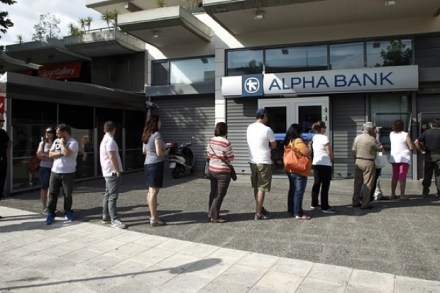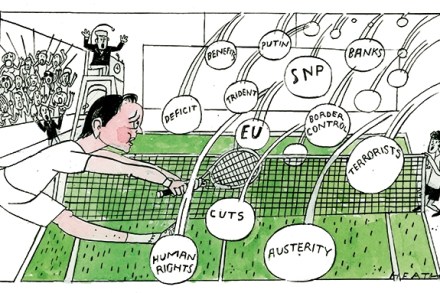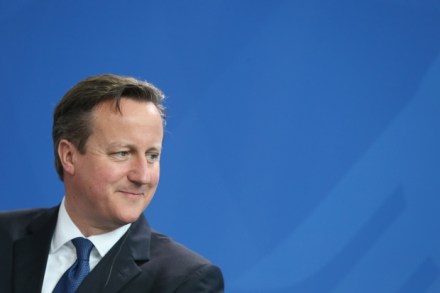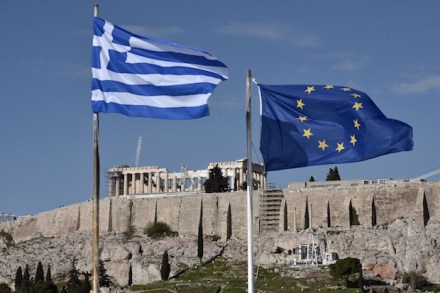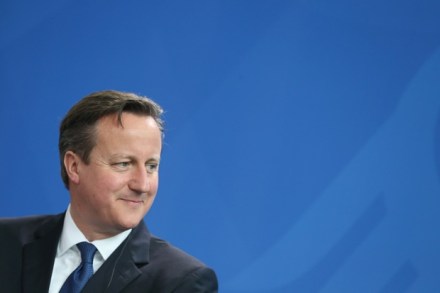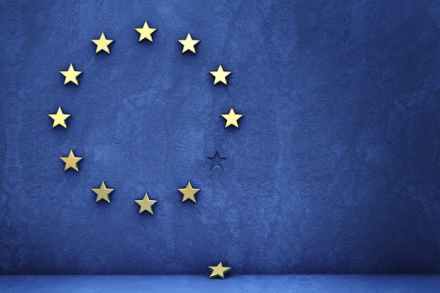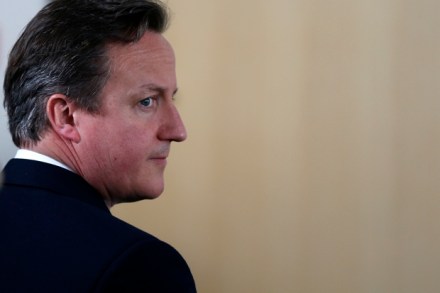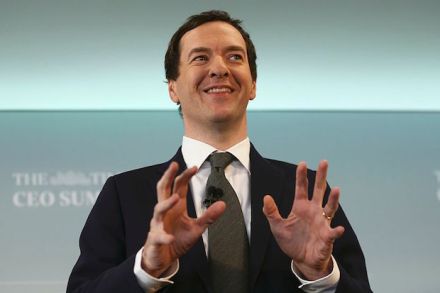We assume British Muslims support British values. Do they?
Let’s put the question very bluntly: do British Muslims affirm British values, or are they outsiders to our way of life? Or, even more bluntly: can we trust them? It is important that we learn to answer this question with nuance, and not in a self-righteous and simplistic way. A week before the Tunisian carnage, David Cameron implicitly raised the question, when he said that too many mainstream Muslims were equivocating, seeming to condone Islamic State and to disparage the West –this ‘paves the way for young people to turn simmering prejudice into murderous intent’, he said. His comments, and his planned counter-extremism bill, were strongly condemned by commentators, and




